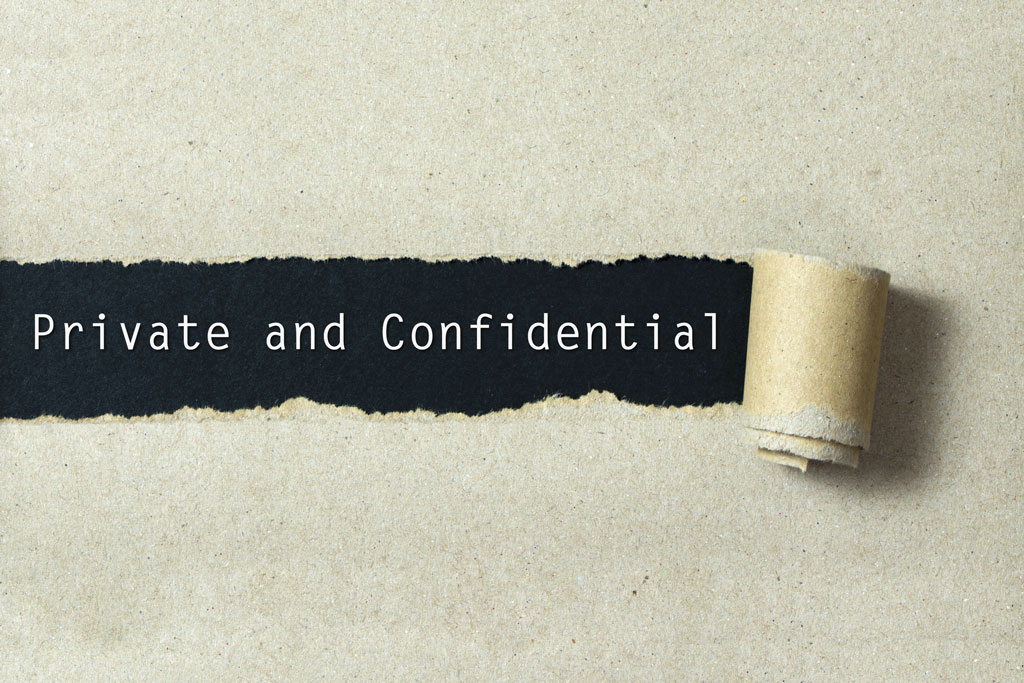
Chris Pamplin considers the question of expert confidentiality & trade secrets
- An illustration of the heavy weight of confidentiality that experts often carry, particularly in cases involving subject matter of a commercially sensitive nature.
When litigation involves sensitive commercial information it poses particular problems with expert confidentiality. On occasion, the court and parties might consider that the expert’s standard obligations and duties are insufficient.
Such a situation may arise in cases dealing with experimental processes and patents, particularly the experiments carried out in the ‘work-up’ to the final outcome.
In Mayne Pharma Limited & Another v Debiopharm SA & Another [2006] EWHC 164 (Pat), the claimants sought to invalidate four patents relating to a drug used in the treatment of colorectal cancer. The claimants alleged that one of the patents (which defined a method of preparing the compound under conditions within a specified pH range) was anticipated by a piece of prior art. The claimants filed a notice of the prior art and a notice of experiments they themselves had carried out. The prior art document, however, made no mention of









